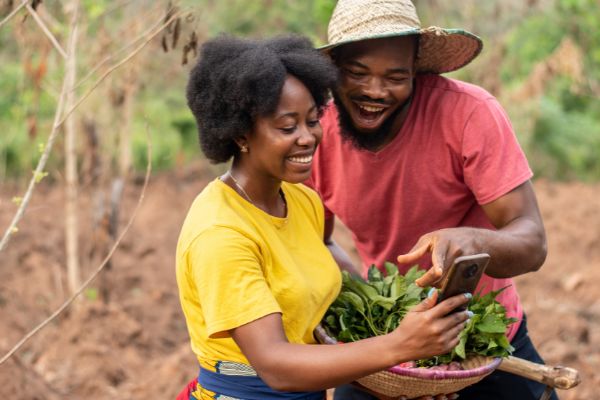Deadline: 23-Jun-23
The Gender and Youth Activity (GAYA) is accepting applications for the Cultivating Inclusion for Food Security Fellowship!
Brought to you by the Gender and Youth Activity (GAYA), the Cultivate Fellowship is a capacity strengthening opportunity for field-based emergency and resilience food security implementers who are interested in gender and youth inclusion.
Over three months, a cohort of 12-16 members will participate in an in-person workshop followed by regular online meetings and independent work to develop innovative solutions to increase gender and youth inclusion in their programs.
The Cultivating Inclusion for Food Security (Cultivate) Fellowship will convene cohorts of Bureau of Humanitarian Assistance (BHA) funded emergency and resilience food security implementers for three months of virtual and in-person sessions focused on fostering a community of practitioners who are comfortable and confident unpacking complex social inclusion and resilience dynamics to develop and apply practical, effective, and transformative program solutions.
The Cultivate Fellowship supports fellows to design and use qualitative methods to address their program-specific questions and deepen their contextual understanding of social inclusion and resilience dynamics of their activities, in order to adapt programming for transformative change. By the end of the Cultivate Fellowship, fellows will:
- Design formal and informal qualitative data collection systems, strategies, tools, for use in:
- Assessing contextual dynamics and program impact around social inclusion and resilience to inform high-impact, transformative program design, learning, and adaptation
- Identifying gaps in contextual understanding of social inclusion and resilience dynamics and innovative solutions for transformative change through research and learning agendas
- Analyze qualitative data across sectors using analytical and visualization methods
- Reflect on data analysis to deepen collective contextual understanding and program impact, assessing how dynamics are shifting and what’s working (and not) to inform program design, learning, and adaptation
- Translate qualitative data analysis into concrete program design and adaptation strategies, and document these findings within tools commonly used for program implementation (e.g., program logic, work planning, activity concept notes)
- Facilitate implementation and refinement of these formal and informal qualitative data systems, strategies, and tools within their programs, including:
- Building team members’ capacity in systems thinking as a foundational competency for effective supporting collection and use of qualitative data
- Training and supporting team members in the design and implementation of these systems, strategies, and tools
- Reflecting on and refining these approaches as a team to enable ongoing learning
- Work to foster behaviors critical to addressing social inclusion and resilience dynamics within programs and through programming
What is Expected of Participants?
- Fund travel costs associated with attending the in-person workshop in Nairobi, Kenya (e.g., travel, accommodation, per diem) through your activity or organization
- Attend a 3-5 day in-person workshop, as well as bi-weekly virtual meetings for three months.
- Have the buy-in and support of their activity teams to represent and share information about their activities with other cohort members.
- Engage with capacity strengthening sessions and collectively solve real-life challenges.
Eligibility Criteria
- Prospective applicants should apply as a pair working within the same program, ideally representing:
- Applicant 1: Gender, youth, and/or social inclusion components or the equivalent
- Applicant 2: Monitoring, evaluation, and learning (MEL) and/or collaboration, learning, and adaptation (CLA) or adaptive management equivalent
- The first cohort is aimed at Gender, Youth, MEL, and CLA Leads from Bureau for Humanitarian Assistance (BHA)-funded Emergency Programs and Resilience Food Security Activities (RFSAs) located in Ethiopia, Kenya, Somalia, South Sudan, and Uganda.
For more information, visit Gender and Youth Activity (GAYA).
